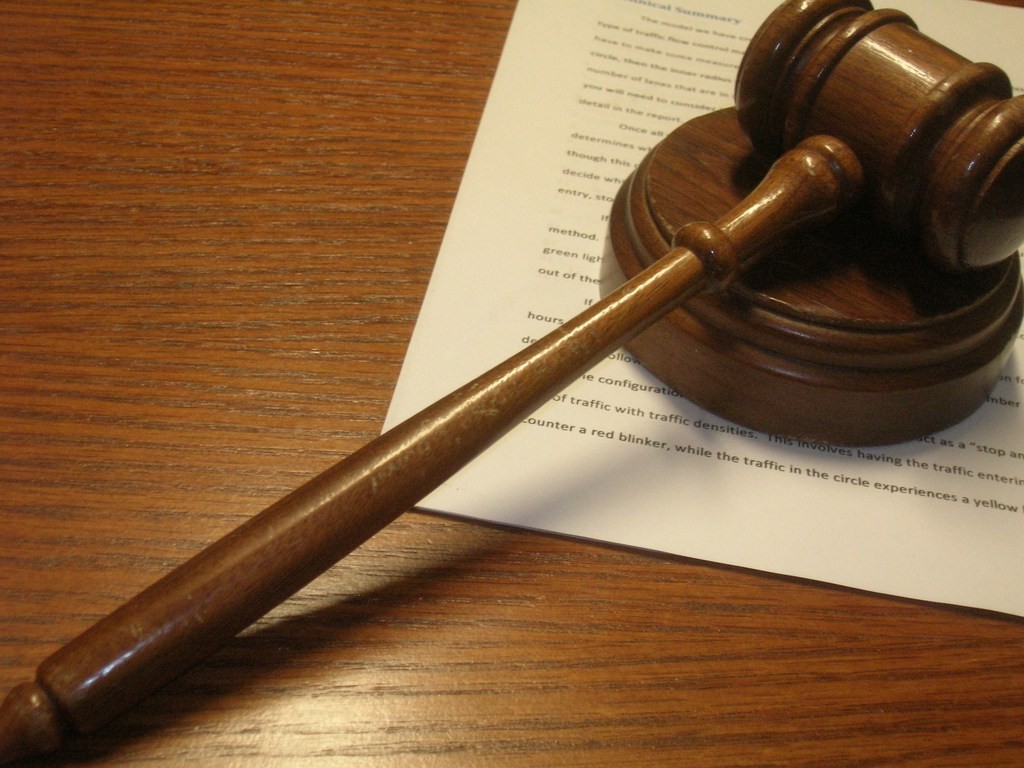By Peter Hall | Pennsylvania Capital-Star
Lawsuits designed to intimidate and silence people who exercise their First Amendment rights could have costly consequences in Pennsylvania under legislation signed into law July 18.
Civil rights, good government and press freedom groups applauded Gov. Josh Shapiro’s signing of House Bill 1466, which provides a way for people and groups targeted for speaking out to fight back in court.
Strategic Lawsuits Against Public Participation, or SLAPP suits, are lawsuits filed by individuals, companies or elected officials with the intent to mire critics in costly litigation and deter them from speaking out. They usually center on allegations of defamation and other results of negative publicity but lack any true legal claims against the critics.
State Rep. Lisa Borowski (D-Delaware) said she gained an appreciation for the value of civic engagement as a Radnor Township commissioner and signed on as a co-prime sponsor of House Bill 1466 with Rep. Ryan Bizzarro (D-Erie).
“This legislation helps to ensure that people have that freedom and do not have to worry about something they have said in a meeting or public space coming back to negatively affect them,” Borowski said.
Bizzarro noted that the bill received unanimous support in both chambers. The American Civil Liberties Union of Pennsylvania and the conservative group Americans for Prosperity applauded the bill’s passage into law.
“Those two are almost never on the same side in anything,” Bizzarro said.
Bizzarro said he first introduced the bill in the House in 2017 after picking up the torch for former Sen. Larry Farnese (D-Philadelphia), who had been fighting for its passage since 2013.
Farnese introduced the legislation in response to a series of lawsuits by a developer forcing a civic association to shut down after it had opposed a multi-skyscraper development in Philadelphia’s historic Old City neighborhood.
Although Old City Civic Association did not lose the lawsuits or reach out-of-court settlements with the developer, the cost of litigation meant that no insurance company would sell the group a liability insurance policy, WHYY reported in 2013.
Peter Shelly, co-founder of Clear Point Communications in Harrisburg, is a defendant in a lawsuit by Pace-O-Matic, the Wyoming-based developer of Pennsylvania Skill games.
Skill games fall into a gray area under Pennsylvania law. State courts have ruled that the slot machine-like devices are distinct from gambling machines because they incorporate an element of skill required to win. Those rulings are pending an appeal in the state Supreme Court and state lawmakers have proposed legislation both to ban the machines and to regulate and tax them.
The suit in Lycoming County Court, and two other lawsuits against lobbyists for the casino industry, allege that opposition to skill games by Shelly and others on behalf of the casinos constituted tortious interference.
“We have a right to do our jobs,” Shelly said. “If this doesn’t fall into the category of a SLAPP lawsuit I don’t know what is.”
Attorney Marc F. Lovecchio, who represents Pace-O-Matic, said he does not comment on ongoing litigation.
Unfortunately for Shelly, the new law does not provide relief for those already. Bizzarro said the legislation was amended in the Senate to explicitly state that it does not apply retroactively. The legislation was modeled on similar laws passed by more than 30 states, Bizzarro said.
Pennsylvania’s prior anti-SLAPP law provided protection against lawsuits arising from criticism of environmental laws or regulation. The new law expands that protection to include all expression protected under the First Amendment.
It allows those who contend they are being targeted by a SLAPP lawsuit to file a motion to quickly resolve their claim that the lawsuit is baseless. In the event of a successful motion, it also requires the award of attorney fees, court costs and other expenses to the target of a meritless lawsuit.
“The First Amendment isn’t just about the ability to criticize government action,” Mike Lee, executive director of the ACLU of Pennsylvania, said. “Freedom of speech is about the right to publicly call out deception, malfeasance, and corruption by any powerful actor. HB 1466 will go a long way in preventing powerful individuals and entities from weaponizing the courts against criticism that they don’t like. That’s a win for every Pennsylvanian.”
Pennsylvania Capital-Star is part of States Newsroom, a network of news bureaus supported by grants and a coalition of donors as a 501c(3) public charity. Pennsylvania Capital-Star maintains editorial independence. Contact Editor Kim Lyons for questions: info@penncapital-star.com. Follow Pennsylvania Capital-Star on Facebook and Twitter.









